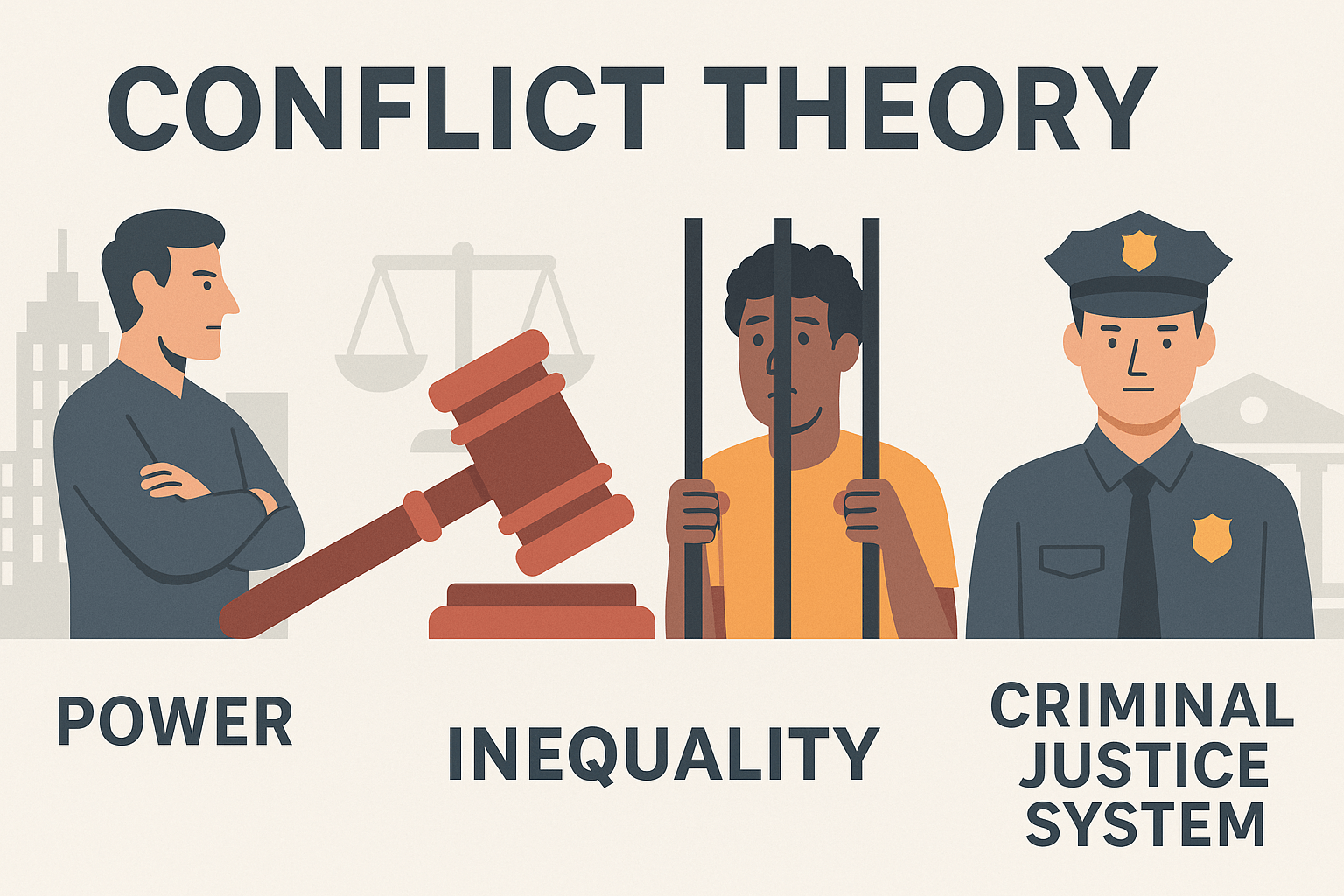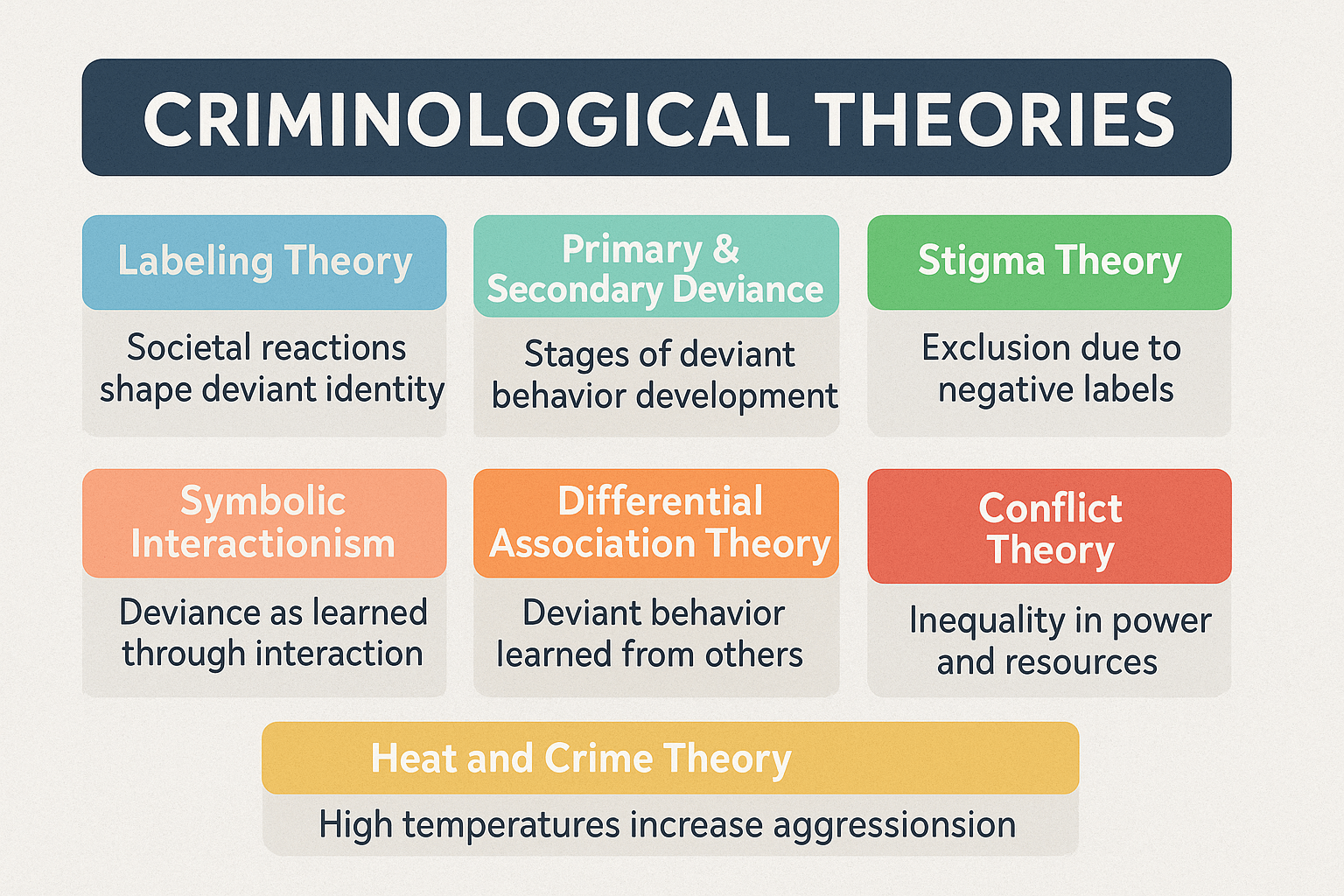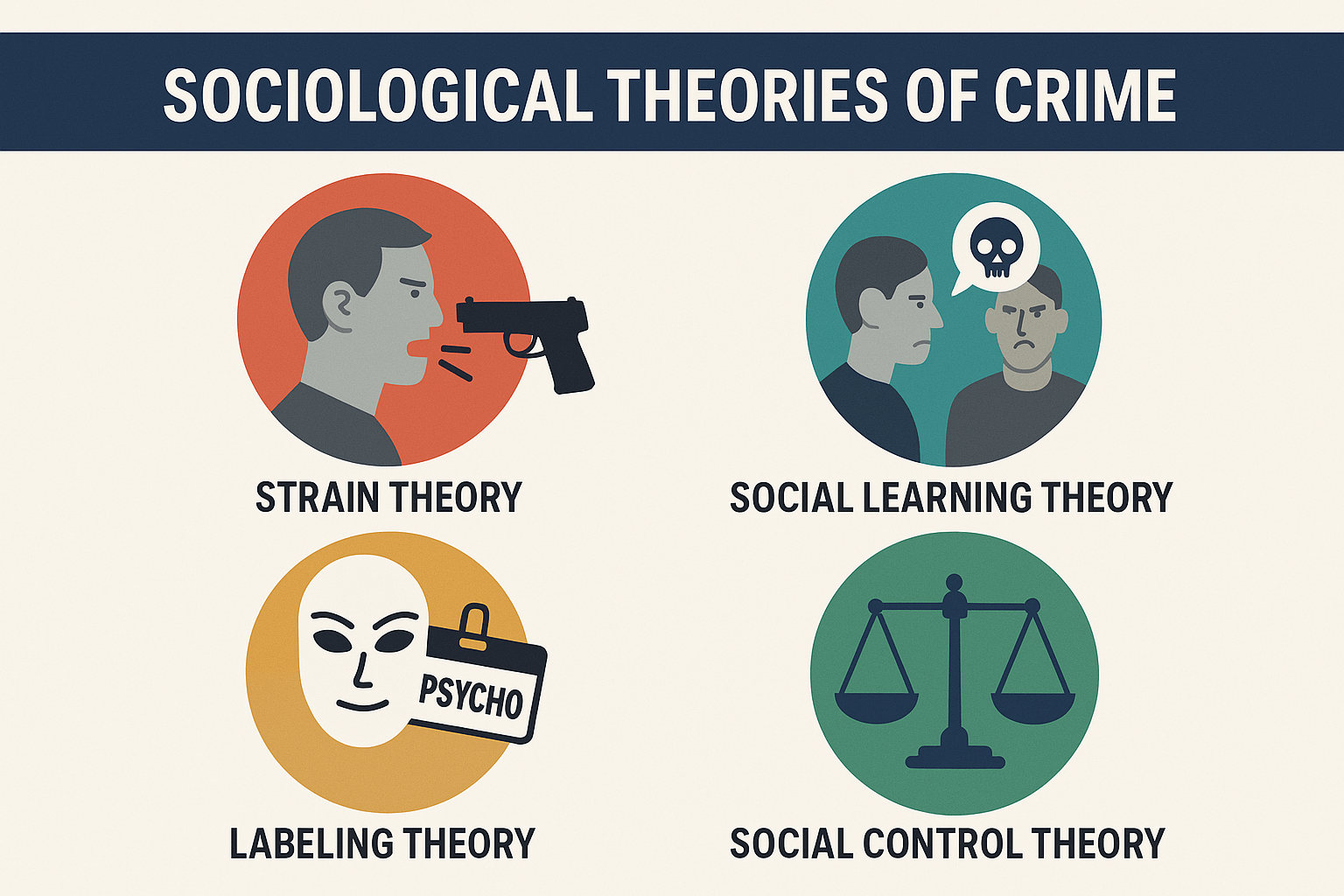George Vold’s Conflict Theory: Principles, Applications, and Criticisms
In the scholarship of criminology, the nature of crime has been scrutinized from many angles—psychological, biological, sociological, and structural. Among these perspectives, conflict theory stands out for highlighting power struggles and social inequality as fundamental sources of criminal behavior. Conflict theory posits that crime cannot simply be reduced to individual failing; it also emerges from … Read more




